Common Questions About Feeding Therapy
What is feeding therapy?
There is a lot that goes into feeding therapy. It’s much more than just, “learning to eat.” Our feeding therapists work closely with children and their families to determine the underlying reason it is difficult for the child to consume a nutritionally age appropriate diet. Once that is determined, our therapists develop an individualized therapeutic approach to make the eating/feeding experience more enjoyable for the child and family! Feeding therapy addresses oral motor difficulties that may be causing frequent choking/gagging/spitting food out and sensory aversions to age appropriate foods.
What qualifies a child for feeding therapy?
If a child does not have the skills to safely and efficiently eat age appropriate foods without gagging, coughing, or choking, a feeding evaluation is recommended. Children with significant sensory aversions that have persisted more than 2 weeks are likely to benefit from feeding therapy as well. Significant sensory aversions may look like:
Restricted range or variety of foods; Usually eats less than 20 foods
Foods lost due to “burn out”
Refusing entire groups of food textures or nutrition groups
Crying, screaming, “falls apart” when new/non-preferred foods are offered
Almost always eating different foods than what the rest of the family is eating
What is the main goal of feeding therapy?
By the end of feeding therapy, our goal is to equip children and their families with the skills they need to make meal time more safe, enjoyable, and nutritious.
What does a typical session look like?
Sessions 1-3: During the first few sessions, the main goal is to help children become comfortable with the therapist, therapy room, and routine. Children with sensory aversions will spend the first few sessions primarily learning to touch and manipulate foods. This is achieved by playing with food! Children with oral motor delays will learn about the tools used in feeding therapy and gradually learn new exercises each session.
Sessions 4-6: Children are fairly acclimated to session routine by this point and the primary goal of the session shifts to smelling, tasting, and biting foods. Our therapists also spend more time teaching specific strategies to utilize any time a new/unfamiliar food is offered. Children are also taught how to talk about and describe food in factual ways (ex. Squishy, crunchy, messy, wet, etc.) rather than opinionated ways (ex. Yucky, nasty, gross, yummy, etc). For children increasing oral motor skills, we strive to be using oral motor exercises with real foods by this point! To teach these skills, our therapists show kids different ways to PLAY with their food! We strive to make feeding therapy as exciting as possible so feeding time will be associated with FUN time!
Sessions 7+: Sessions 7 and on, emphasize on safely chewing and swallowing new foods that vary in texture, shape, size, color, flavor, etc.! Our therapists are focusing on increasing food repertoire to 10 vegetables, 10 fruits, 10 proteins, and 10 dairy items!
This session progression is a very rough outline of what therapy sessions may look like. Some children may only need 1 session to learn the feeding therapy routine while others may need 4+ sessions. One child may successfully learn oral motor exercises in 2 sessions while another needs a few more sessions to master exercise techniques. Each child is very unique! We make it our goal to provide individualized therapy plans for each kiddo!
How long is a feeding therapy session?
Most feeding therapy sessions are 30-45 minutes. Duration of the session is determined by the child's participation.
Do parents/caregivers attend each feeding session?
We highly encourage parents to attend feeding therapy sessions to learn the feeding strategies that need to be modeled and implemented in the home. Some children may be highly distracted when their parents are in the room. In that case, we have an observation room parents can view the session from!
I feel my child needs feeding therapy. What do I need to do first?
Schedule an appointment with your child’s pediatrician to discuss your concerns about your child’s feeding skills. Once your child’s appointment is scheduled, call our office to complete a brief new patient interview. We will schedule a feeding evaluation at the earliest possible time.


